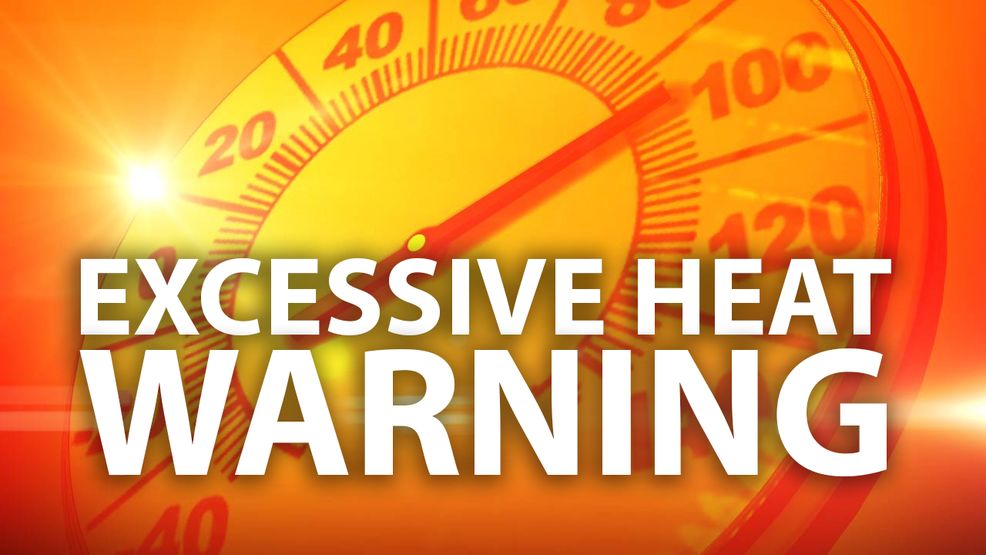


Keep your windows open if you don't have air conditioning or a fan. Keep rooms well ventilated with air conditioners and fans.Keep lights in your home low or off, keep shades drawn, and avoid using the oven.If you are on a fluid-restricted diet or taking diuretics, consult your doctor before exposing yourself to heat.Water, diluted juices, and electrolyte solutions are best. Consume plenty of non-alcoholic, non-caffeinated fluids, even if you don't feel thirsty.Wear lightweight, light-colored, loose-fitting clothes that cover as much skin as possible to prevent sunburn.Avoid overexertion and strenuous outdoor activities.Stay in the shade or under awnings as much as possible.If you must be in the sun, wear sunscreen (at least SPF 15) and a wide-brimmed hat. Know the terms used by the National Weather Service during extreme heat: Heat Wave, Excessive Heat Watch, Heat Advisory, Excessive Heat Warning, and Heat Index.To protect yourself and others, please familiarize yourself with the following guidelines. In addition to discomfort and fatigue, high temperatures can cause heat-related illnesses: heat cramps, heat exhaustion, and heat stroke. Extreme heat can be particularly hazardous for children, seniors, those with special needs, and pets. During the summer months, the temperature in Illinois can reach dangerous levels.


 0 kommentar(er)
0 kommentar(er)
